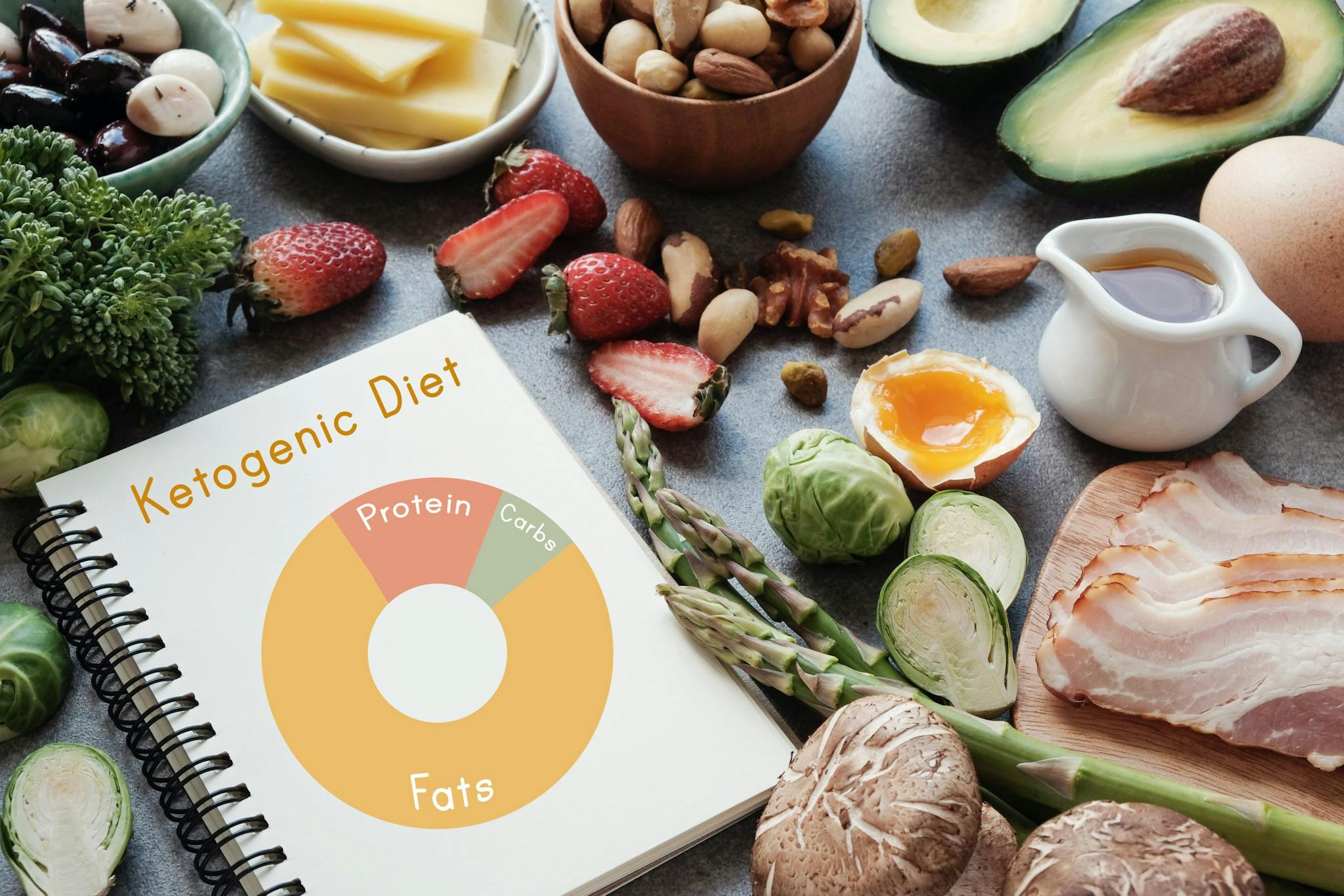
April 9, 2024
The Health Benefits of Stress Management
- Behavioral Health
January 27, 2017 | Gastroenterology

There are several areas of the body where blockages or buildups can cause problems, including the intestines. The intestines are responsible for absorbing the nutrients from what we eat and drink, so it’s important to keep the intestinal system healthy.
One common blockage problem is known as an intestinal obstruction, or a bowel obstruction. This happens anytime there is a blockage in the small or large intestine that stops food or liquid from passing through normally. If left untreated, intestinal obstructions can cause serious complications.
Here’s a look at some signs that suggest you might have an intestinal obstruction, the causes of an intestinal obstruction and its treatments.
If you have an intestinal obstruction, some symptoms might include:
Because some of these symptoms can also be present in several other conditions, pain in the abdomen is usually the clearest sign that you’re dealing with an obstruction. However, intestinal obstructions can take place without experiencing major pain, so if you experience vomiting or constipation for more than a short period of time, speak with your doctor.
There are several different causes of intestinal obstructions in the body:
There are also several conditions that can raise a person’s risk of intestinal obstruction including:
There are many treatments available for intestinal obstructions. If left without treatment, however, they can cause serious issues:
In addition, a condition called intestinal pseudo-obstruction, or paralytic ileus, gives off symptoms like a normal obstruction, but without the blockage. Pseudo-obstructions are caused by nerve complications that slow down intestines’ rate in processing food and liquid. These are caused by surgeries, infections, medications and certain nerve disorders like Parkinson’s disease. In most cases, they’re less harmful than a normal intestinal obstruction and symptoms go away in a short period of time.
There are several ways a doctor can diagnose an intestinal obstruction including:
Treatment for intestinal obstructions vary depending on the severity of each case. Most cases require hospitalization, where you’ll usually be given IV fluids and a catheter, and a tube in your nose to remove extra air and help stop the swelling caused by the obstruction. From there, treatment depends on the type of obstruction:
Are you experiencing pain in your abdomen, or have other symptoms of intestinal obstruction? Contact your doctor to find out about your options for diagnosis and treatment.
“Bowel Obstruction – Topic Overview.” WebMD. http://www.webmd.com/digestive-disorders/tc/bowel-obstruction-topic-overview#1
“Intestinal obstruction.” The Mayo Clinic. http://www.mayoclinic.org/diseases-conditions/intestinal-obstruction/home/ovc-20168459
WRITTEN BY:
Gastroenterology


April 9, 2024

March 22, 2024

February 12, 2024

February 6, 2024
This information is not intended to replace the advice of a medical professional. You should always consult your doctor before making decisions about your health.